
bird walk | galleries | articles | sightings | bird reports

bird walk |
galleries
| articles |
sightings
| bird reports
|
Regentís Park, situated just north of some of Londonís busiest shopping streets, is to a lot of people the best of the Royal Parks in Central London. It offers a variety of habitats from formal gardens to lakes, scrub, woodland and rough grassland with wildflower beds. Ornithologists (birders) since the 1800ís who have included the likes of W H Hudson and Ian Wallace have watched birds in the park. I have worked in the park since 1977 as assistant bird keeper, before becoming what is now termed Wildlife Officer. The park checklist now stands at over 200 species of birds, of which 45 species breed annually within the parks boundaries. This site I hope will show you where to look and what you could be lucky enough to find here.
|
|
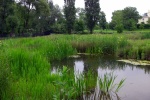 |
|
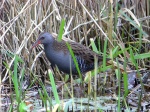 |
|
 |
|
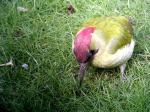 |

Here you can read and download
the previous years bird reports, as well as the parks check list and the earliest and latest dates of
passage migrants. |
|
|
|
|
|
|
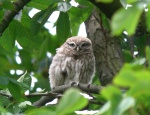 |
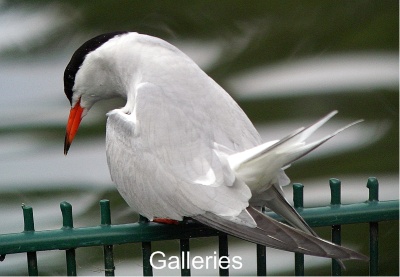 These pictures show some of the birds that I have somehow managed to get close enough to. The quality is gradually improving as I get the hang of this digi-scoping game. |
 |
|
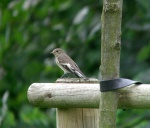 |
|
 |
|
|
|
|
|
|
The park has an ornamental waterfowl collection that numbers around sixty species. The majority are kept in the north western and north eastern arms of the lake, these are areas 1 and 26 (see map in Bird Walk). There are smaller numbers in Queen Maryís and on the main part of the lake. If you have problems separating European and American Wigeon studying these birds throughout the year will help if you should see them in their wild state. This gallery with the aid of a field guide may help if you identify a bird you are unsure of. |
|||
|
These last four galleries show some of the other species of fauna that can be found. |
|||
|
|
||
|
The Birds of Regent's Park written by Rolfe Green, with illustrations
by Maggie Silver. I met Rolfe Green soon after I started working in
Regentís Park in the late 1970ís. He used to recount tales of large diurnal
bird movements over Primrose Hill during the autumns of the sixties. An
event that was already much reduced as the intensive farming began to hit
the farmland birds. Also of how much Ian Wallace had encouraged him to spend
hourís bird watching in the park before and after work. These were serious
patch workers. Rolfe moved away from London not returning until the early
1990ís. It was then that I mentioned how it was a shame that there was not a
systematic bird list for the park. He thought at this stage of his life,
this was a challenge to good to resist. He spent many hours researching,
going through all the London Bird Reports. He would go to second hand books
shops and libraries looking for literature that mentioned birds in the park.
This challenge took two years from 1995 to collect the material and a
further two years to write it. He then asked several people to proof read
it, and not to be scared to criticized. It was the published and went on
sale at Regentís Parks first flower show. There are 118 pages interspaced
with pencil drawings by Maggie Silver. Almost 200 birds are listed a total
that has now been exceeded. Near the back there are sections on summer
residents and the first and last dates of migrants. |
||